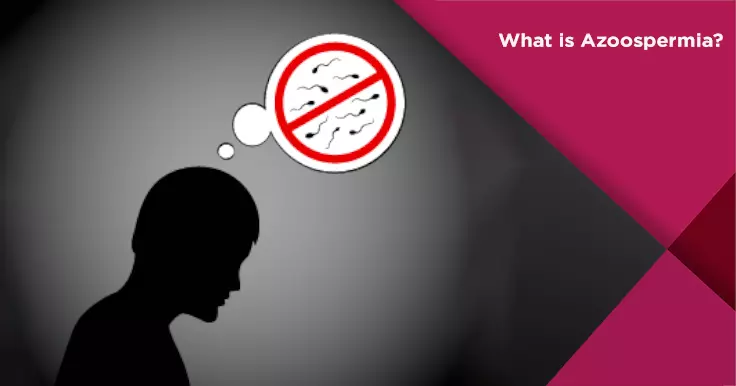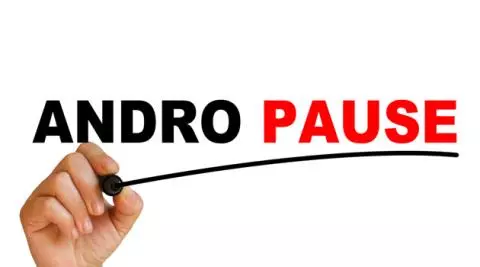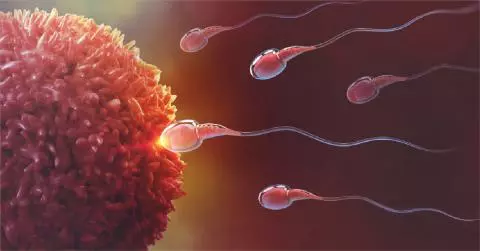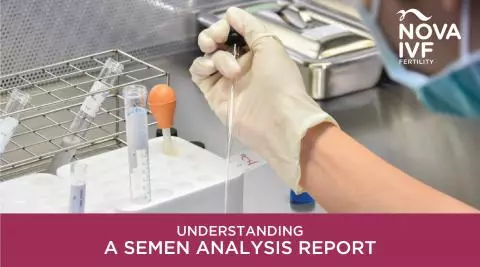Azoospermia

Azoospermia is a medical condition where no measurable sperm is found in a man's ejaculate. Over 5 to 10% percent of men with infertility issues are found with Azoospermia condition. This can be a congenital condition or can develop later in life. There are two types of Azoospermia, Obstructive and Non Obstructive Azoospermia. The former is caused by a blockage in the reproductive system while the latter occurs due to a lack of sperm production.
Causes of Obstructive Azoospermia
- The congenital bilateral absence of the vas deferens
- Trauma
- Ejaculatory duct obstruction
- Infections
Causes of Non Obstructive Azoospermia
- Ejaculation issues
- Hormone imbalances
- Varicocele
- Medications
- Genetic conditions
- Chemotherapy and exposure to radiation
Symptoms of Azoospermia
- Inability to conceive
- Varicocele
- Very small and soft testicles
Diagnosis
To diagnose, the type of Azoospermia, various tests and physical examination are done. The methods used for diagnosis are:
Semen Collection
If the semen sample is found to be lacking any sperm, then it is further sent to be placed in a centrifuge to check for sperms in sediment that are otherwise not visible. If two abnormal samples are seen in a patient, then he is sent for further evaluation.
Physical Examination
The doctor takes a close examination of the testicular size & volume, the vas deference, the epididymis and the presence of a varicocele.
Hormone Test
It's important to check the levels of key hormones like Testosterone, Follicle Stimulating Hormone and Luteinizing Hormone that play an important role in sperm production.
Genetic Testing
This test is performed to check if the patient with suspected blockage or absence of vas is a carrier of mutated cystic fibrosis gene or not. Also, this test can be carried out to analyze the Y chromosomes on a patient with suspected Non Obstructive Azoospermia.
Ultrasound
Scrotal ultrasound and doppler will help for size & volume of testicles, presence of varicocele and for absence of vas deference. Transrectal ultrasound is needed for proper diagnosis of ejaculatory duct obstruction.
Treatment of Azoospermia
There are two ways to treat this condition:
Hormone Therapy
In certain patients with no other testicular issues, a low FSH value can lead to Azoospermia. The administration of FSH hormone alone can increase the sperm quantity considerably.
Surgical Treatment
A surgical intervention to remove the blockages in the ejaculatory ducts, the seminiferous tubules or the epididymis can almost cure this condition permanently. Even Testicular Biopsy needed for surgical extraction of sperm for ICSI in patient with azoospermia.
 Infertility Counselling
Infertility Counselling Female Infertility Treatment
Female Infertility Treatment Andrology Treatment
Andrology Treatment Fertility Enhancing Surgeries - Female
Fertility Enhancing Surgeries - Female Fertility Enhancing Surgeries - Male
Fertility Enhancing Surgeries - Male Endoscopy Treatment
Endoscopy Treatment IUI Treatment
IUI Treatment IVF Treatment
IVF Treatment ICSI Treatment
ICSI Treatment Advanced IVF Solutions
Advanced IVF Solutions Embryology
Embryology Vitrification Egg, Embryo, Sperm Freezing
Vitrification Egg, Embryo, Sperm Freezing Preimplantation Genetic Testing (PGT)
Preimplantation Genetic Testing (PGT) Donation Program Embryo / Egg / Sperm
Donation Program Embryo / Egg / Sperm Self-cycleTM IVF
Self-cycleTM IVF

 Self-cycleTM IVF
Self-cycleTM IVF











